20 key farming influencers for 2018
At the start of 2018, it is clear farming faces a monumental year. With just 15 months to go before the UK leaves the EU, time is running out for the government to lay the foundations for the first all-British agricultural policy in more than a generation.
Defra secretary Michael Gove is expected to set out detailed plans for agriculture in a major consultation during the coming weeks. It will be followed by an Agriculture Bill that will shape the industry for years to come.
In this issue of Farmers Weekly, we profile 20 key people who hope to influence the direction that future holds for your farm business.
Instead of the usual suspects and decision makers, like Defra secretary Michael Gove, the influencers we have chosen are those set to come to the fore during 2018 – either because they are due to take on new roles, or because the issues they represent are due to come sharply into focus over the next 12 months.
1. Minette Batters, the farm leader

Ian Hinchliffe/REX Shutterstock
Wiltshire farmer Minette Batters is poised to become the first woman to be elected NFU president – representing 55,000 members across England and Wales.
Ms Batters is widely tipped to be elected union leader in mid-February – but she must first see off an expected challenge from NFU vice-president Guy Smith.
If successful, she will lead the union’s Brexit negotiations with the government as the UK leaves the EU.
A beef producer specialising in selling premium store cattle, Ms Batters grew up living and working on farm. With no succession tenancy available, she built her own business up from nothing. As well as beef, it now includes a livery, corporate events and wedding venue.
Her election would help the NFU position itself as forward-looking at a crucial time for UK agriculture. But Ms Batters is much more than a female face – she is an accomplished speaker capable of disarming political opponents with both humour and knowledge.
Next month’s NFU elections could also see Hertfordshire farmer and former AHDB Beef & Lamb chairman Stuart Roberts take a place at the union’s top table. Mr Roberts has been nominated to stand for the posts of NFU deputy president and vice-president.
2. Tim Leunig, the economist
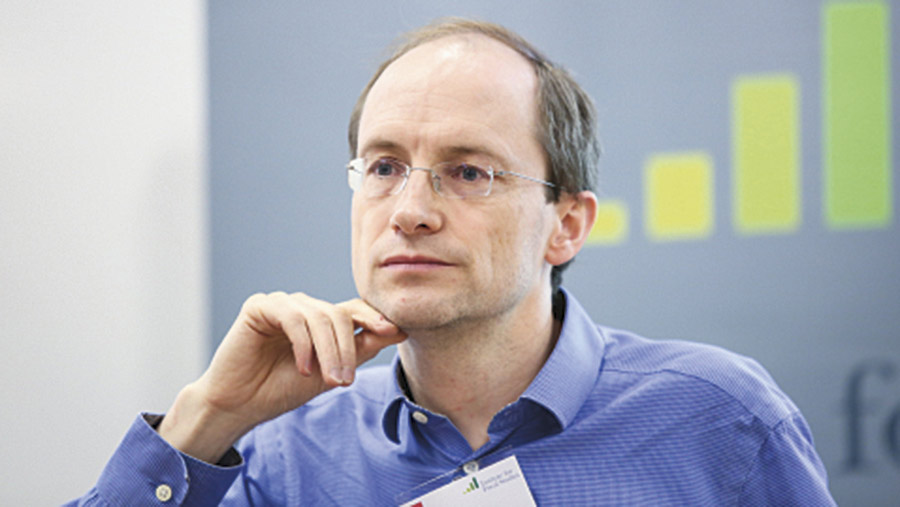
Controversial economist Tim Leunig is back as a senior policy adviser to Michael Gove – who he last worked for during Mr Gove’s time as education secretary.
Now at Defra, Prof Leunig has previously voiced support for “community land auctions” that would let local authorities buy up farmland, grant planning permission and then sell it on for social housing.
3 & 4. Tom Tynan and Simon Coveney, the unwavering Irish
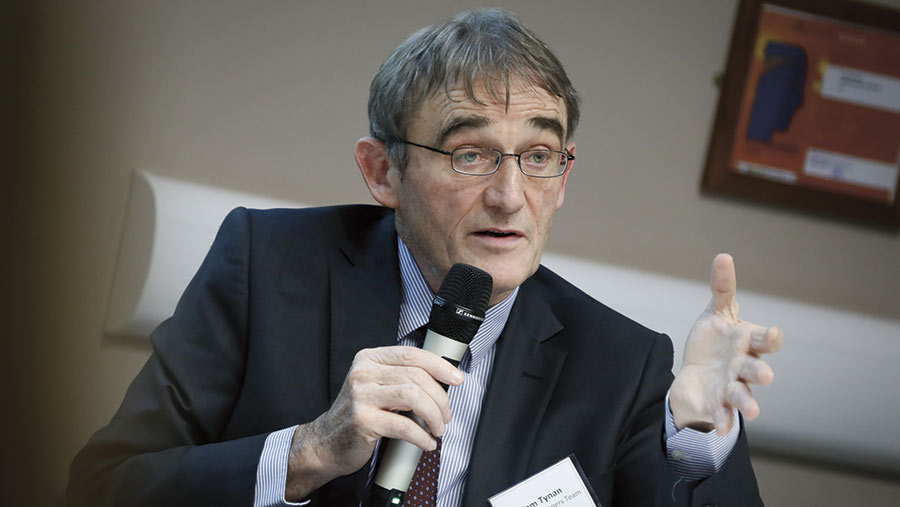
Tom Tynan © Agco
Concern about the effect of Brexit on agricultural trade between the UK and Ireland isn’t going away – despite a carefully worded agreement between London and Brussels that there will be no hard border between the two countries.
The UK is a major market for Irish farmers, accounting for some 40% of Ireland’s food and drink exports – equivalent to €3.5bn (£3.11bn). It remains hard to see how this trade will continue unhindered once the UK leaves the European single market and customs union.
Few people in Brussels know more about Irish agriculture than Tom Tynan – special adviser to EU farm commissioner Phil Hogan.
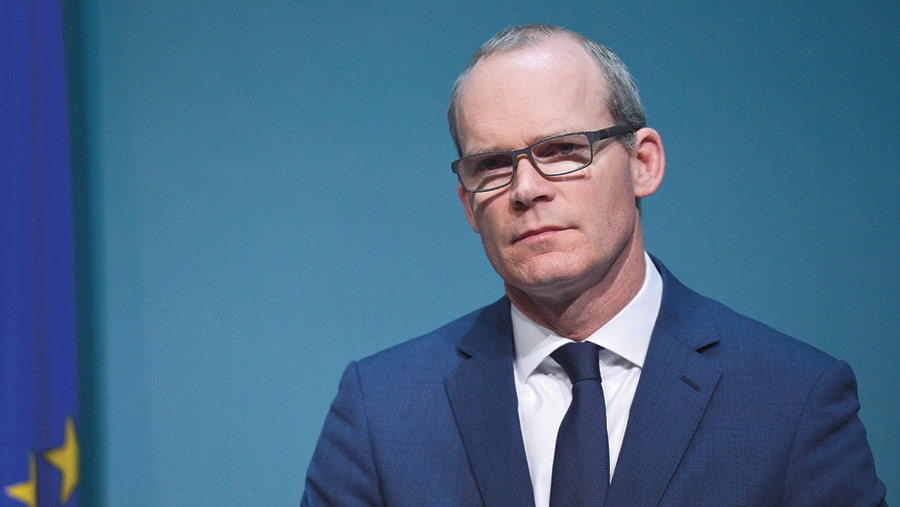
Simon Coveney © Artur Widak/Sipa/USA/REX/Shutterstock
An Irish national who worked in the agri-food industry for nearly 20 years before taking up his Brussels appointment in 2014, Mr Tynan says anything less than the current frictionless trade would increase complexity and costs, hurting farming profitability.
His concerns are echoed by Irish deputy prime minister Simon Coveney, who is also Ireland’s trade and foreign affairs minster. A former farm minister, Mr Coveney has responsibility for Brexit within the Irish government.
5. Chris Lloyd, the medicine man

Chris Lloyd
Tackling antimicrobial resistance is the biggest challenge faced by Chris Lloyd – the new secretary general of Responsible Use of Medicines in Agriculture Alliance.
Although antibiotics sales to UK farmers are at a record low, the sector faces demanding targets to further reduce, refine or replace antibiotics use over the next three years.
It follows concern that antibiotics in livestock production can contribute to bacteria becoming resistant to the drugs.
The implications this has for human health means Mr Lloyd will be keen to ensure the livestock sector plays its part in combating antimicrobial resistance so essential medicines remain available for farmers to use responsibly over the coming years.
6. Zac Goldsmith, the MP and animal welfare campaigner

© Mark Thomas/REX/Shutterstock
Tighter animal welfare rules are top of the agenda for well-connected Zac Goldsmith – who has known Michael Gove since before both men became MPs.
Mr Goldsmith, Conservative MP for Richmond Park, once described Mr Gove as a “doer” and “one of the most intelligent people I’ve ever met”. More recently, he praised the “real progress on environmental and animal welfare issues” made since Mr Gove’s appointment as Defra secretary last year.
Highlighting the government’s commitment that CCTVs will be legally required in all abattoirs, Mr Goldsmith said: “There is more to come” – adding that he was looking forward to seeing an end to the live exports of animals for slaughter.
7. Christine Middlemiss, the government vet
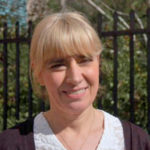
Better biosecurity will be a key focus for Christine Middlemiss, who takes over as the government’s chief veterinary officer in March 2018.
From a Scottish farming family, Ms Middlemiss joins Defra from Australia, where she has been working as chief veterinary officer (CVO) in New South Wales since 2016. During her time there, she led major improvements to bio-security across the livestock sector.
Ms Middlemiss will use that experience to inform her new role at Defra – although it is not her first time at the department.
She previously served as the department’s deputy director for animal traceability and public health before her CVO role in Australia.
8. Dieter Helm, the government adviser

Dieter Helm
Oxford academic Dieter Helm has Defra secretary Michael Gove’s ear when it comes to the future of farm support and believes farmers must do more in return for taxpayers’ money.
An economist specialising in regulation and the environment, professor Helm is chairman of Defra’s Natural Capital Committee, which advises the government on natural capital – including forests, rivers, minerals and oceans – and the public benefits received from them.
Prof Helm believes direct payments to farmers should be phased out, arguing it is wrong to pay people “for simply owning land”. Doing so is also self-defeating, he says, because it inflates the land values, pushing up costs and creating a large capital barrier for new entrants to farming.
Instead, Prof Helm says support should be directed towards the delivery of public goods, rewarding farmers who undertake measures that deliver specific environmental benefits – for nature and the countryside as well as people.
Farmers would be expected to bid for contracts to deliver these benefits. They would be required to compete against public bodies – such as National Park authorities, charities and other groups – for money to undertake environmental work.
Soon after being appointed Defra secretary, Mr Gove wrote to Prof Helm thanking him for “powerfully” setting out the case for an overarching plan to secure the greatest dividend for the environment – and promising swift action to achieve it.
9. Will Evans, the podcaster
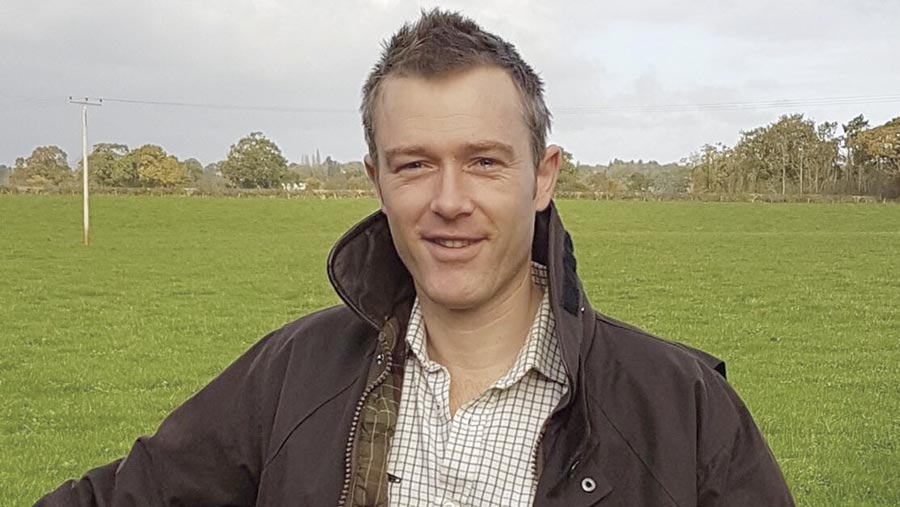
Will Evans
Welsh farmer Will Evans has won a dedicated and growing band of listeners after starting his Rock & Roll Farming podcast less than a year ago for people who want to know more about how their food is produced.
Podcasts by the beef, arable and egg producer focus on farmers and others working in agriculture. “Mostly it’s about people – the people who get up early in the morning and put their hearts and souls into what they do every single day,” he says.
10. Hilary McGrady, the countryside conservationist
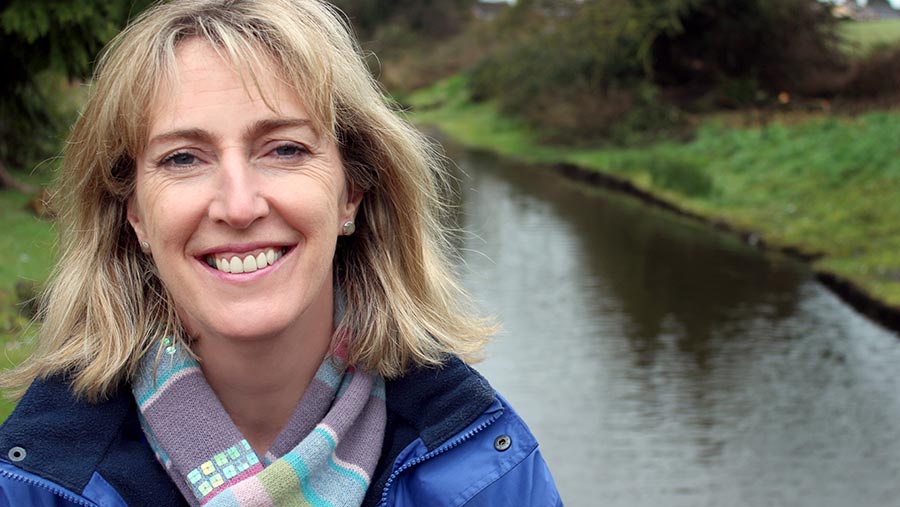
Hilary McGrady © National Trust
Hilary McGrady has bridges to build with farmers when she succeeds Helen Ghosh as director general of the National Trust this spring.
Responsible for the operation, care and management of almost 250,000ha of countryside, the trust is one the UK’s largest landowners. But while it is well supported, with five million members, the trust’s relationship with farmers is somewhat less easy.
Recent years have seen the trust call for direct payments to be scrapped and replaced by a post-Brexit agricultural policy prioritising the environment – a proposal described as a “huge mistake” by the Tenant Farmers Association, many of whose members farm trust land.
11. Tom Hind, the strategist

Tom Hind © Tim Scrivener
Ramping up on-farm productivity is vital if agriculture is to reap the full benefits as the government implements its long-awaited industrial strategy, believes Tom Hind, AHDB chief strategy officer.
Published just weeks ago, the strategy included government plans for a new food and drink sector council, which will lead work to secure the UK’s position as a “global leader in sustainable, affordable, safe and high-quality food and drink”.
Mr Hind describes the strategy as a “once-in-a-lifetime opportunity” to put the UK at the forefront of high-efficiency agriculture and food production.
But to succeed, the whole agri-food sector must pull together as a single united supply chain.
12. James Rebanks the hill farmer

James Rebanks
Lake District hill farmer and author James Rebanks penned a bestseller – his debut book A Shepherd’s Life – in 2015. But his influence extends far beyond writing – and his 101,043 Twitter followers.
Mr Rebanks is a rare breed – just like the Herdwick sheep he writes about. Able to champion the vital contribution hill farming makes to the tourism, culture and rural economy of upland England, policymakers listen to what he says because he is a farmer at heart.
Also an economic consultant, Mr Rebanks penned a report that helped the Lake District secure Unesco world heritage site status in July 2017 – the UK’s first National Park to be ranked alongside iconic places such as the Grand Canyon and Great Wall of China.
13. Fergus Ewing, the Scottish nationalist

© Tim Scrivener
The Scottish government insists it should retain responsibility for agricultural policy north of the border after Brexit – despite the UK government’s determination that any powers should initially be returned from Brussels to Westminster rather than to Holyrood.
The issue isn’t going away any time soon. Scottish rural cabinet secretary Fergus Ewing has repeatedly warned Michael Gove against a Westminster “power grab” and called for assurances that Scotland will receive its fair share of UK funding for agriculture and rural development.
A continued lack of clarity from the UK government is already hampering investment from Scottish farmers in their businesses, says Mr Ewing.
14. Martin Harper, the biological scientist

Martin Harper © www.rspb-images.com
Brexit poses huge challenges for farming and wildlife, but also opportunities, says RSPB conservation director Martin Harper.
Like the National Trust, the RSPB will continue lobbying the government for a radical new farming policy that focuses on the environment.
The influence wielded by the RSPB shouldn’t be underestimated.
With more than 1 million members, it has more than 1,300 employees, 18,000 volunteers and maintains 200 nature reserves – making it Europe’s largest wildlife conservation charity.
It also has the ability to get things done. Evidence and advice provided by the RSPB on bird numbers have resulted in numerous “successes” for the charity – including the ban that prevents farmers from cutting hedges during the summer.
15. Aarun Naik, the psychotherapist

Aarun Naik © NFU North West
The farmers most capable of adapting to change are those who are fit and healthy – just like healthy farm businesses, says psychotherapist, Nuffield scholar and former NFU adviser Aarun Naik.
Many growers and livestock producers pay more attention to the health of their farm businesses and animals than they do themselves, says Mr Naik, who has studied farmer well-being. But healthy eating, exercise and a good night’s sleep can all help build mental and physical resilience.
Talking about mental health remains taboo among many farmers. But maintaining a healthy outlook is increasingly important in times of uncertainty – and will often benefit farm business health, too.
16, 17, & 18. Terry Jones, Scott Walker, Christopher Price, the farming lobbyists
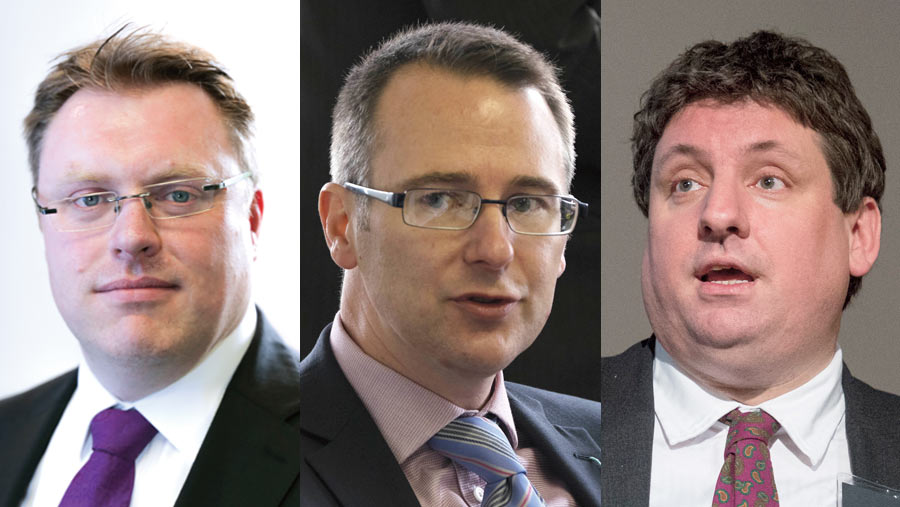
Terry Jones, Scott Walker and Christopher Price
Politicians and farm leaders come and go – some more frequently than others. But continuity in policymaking and lobbying is provided by the civil servants, advisers and other unsung heroes working quietly behind the scenes.
The main farm organisations all have their own armies of back-room staff – too many to name here. But if we were to pick out three key influencers, they would be NFU director general Terry Jones, NFU Scotland chief executive Scott Walker and CLA policy director Christopher Price.
These influencers not only pick up the pieces or sweep up in the wake of their leaders, they also do much of the groundwork – steering the direction of their organisations, as well as formulating policy intended to sway the government.
19. Jonathan Gill, the mechatronics researcher

Jonathan Gill © Hands Free Hectare
Robotics engineer Jonathan Gill has embarked on a Nuffield scholarship to look into how farmers can more fully embrace automation in agriculture.
A researcher at Harper Adams University, Mr Gill was part of the Hands Free Hectare team that last year successfully drilled, tended and harvested the world’s first crop to be grown without operators in the driving seats of the vehicles or agronomists on the ground.
“Human operation of agricultural machines is less accurate than automated systems,” says Mr Gill, who believes farming is on the cusp of a technological revolution.
“The future farm will need to address requirements of higher productivity and ability to produce higher yields with less inputs.”
20. Elizabeth Stockdale, the soil scientist

Elizabeth Stockdale
Soil is a hot topic – and a £1m project led by Elizabeth Stockdale at crop research organisation Niab aims to improve on-farm understanding of its health, biology and management.
Dr Stockdale is the recently appointed head of Niab’s Farming Systems team, which delivers research, evaluation, demonstration and knowledge exchange activities on combinable crops and forage, with a particular focus on soils, cultivations and rotations.
The five-year soil project will benchmark existing knowledge about soils.
It will also develop and validate indicators of soil biology and health in research trials and on farm, before sharing the results.
